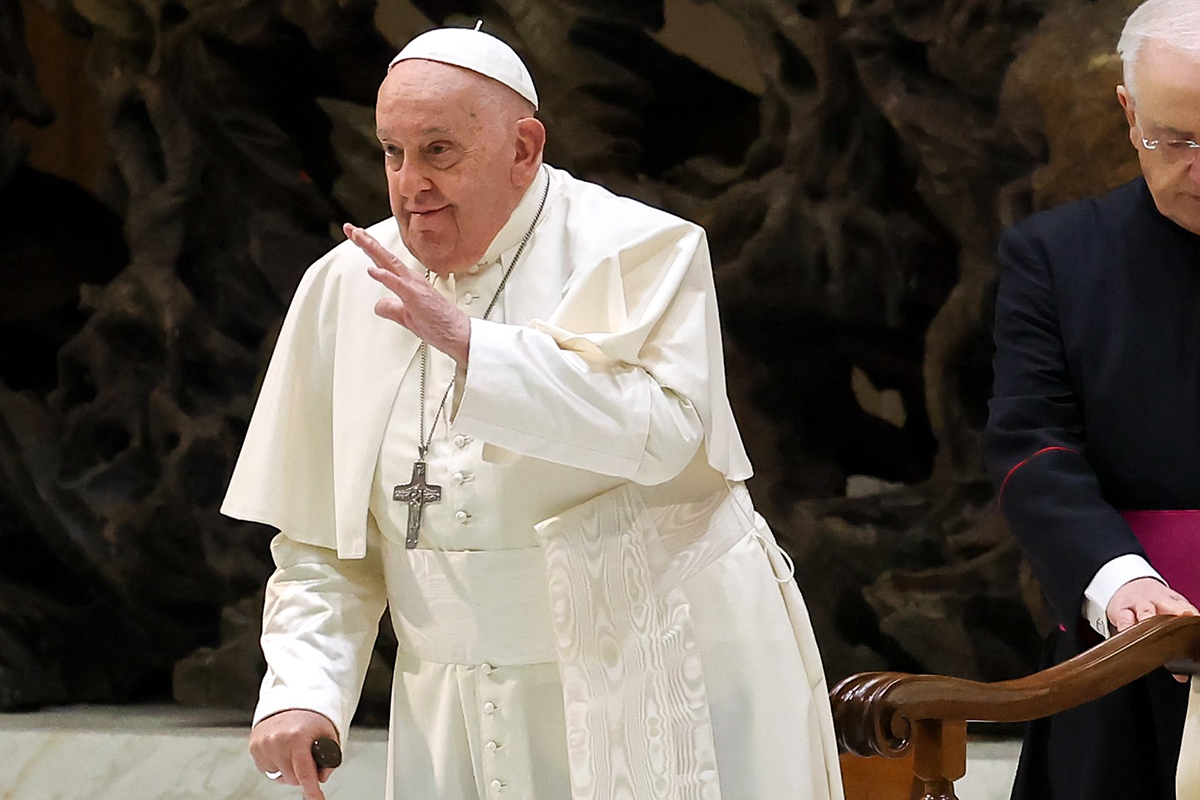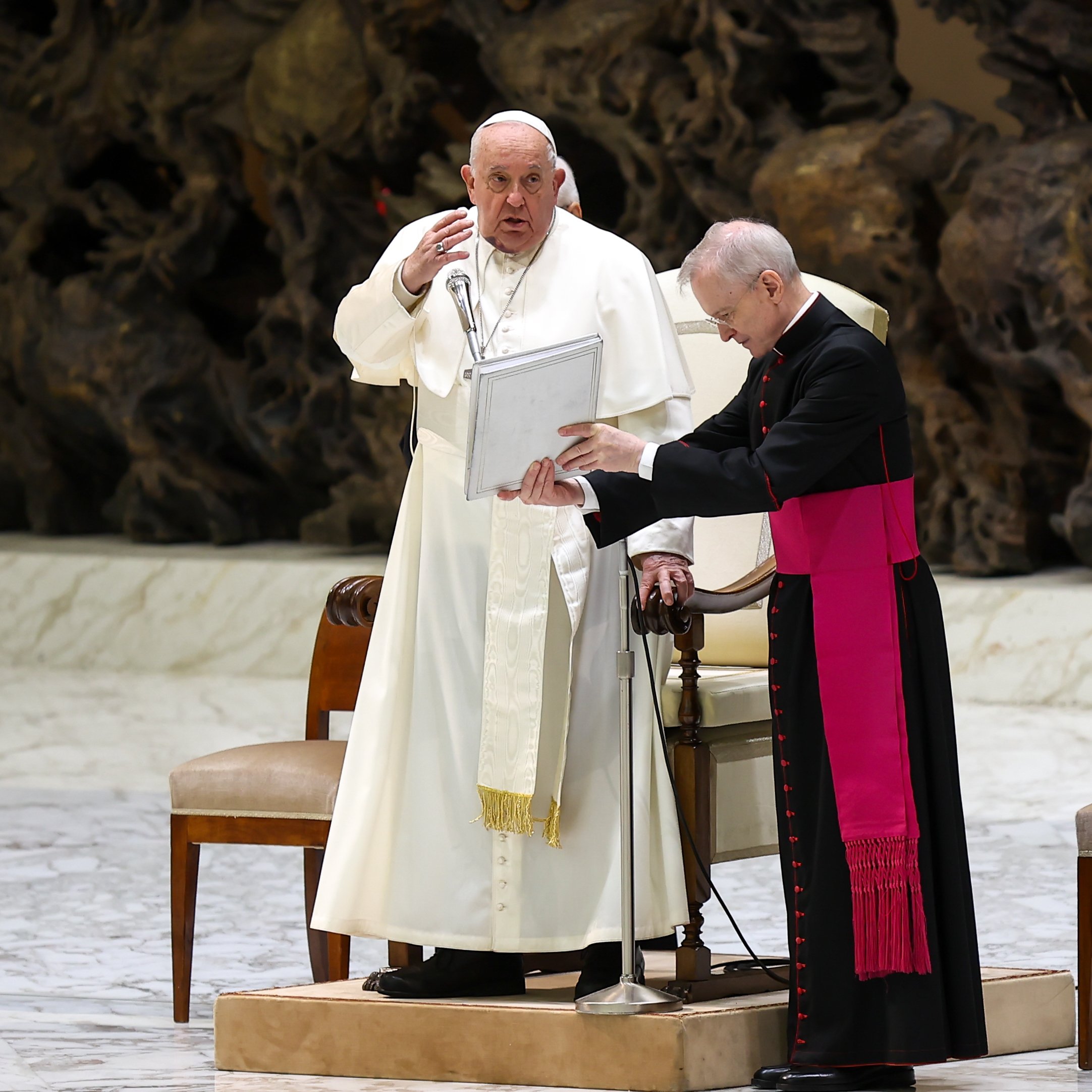Shifting to a ‘we’ mentality might deepen the harmony of parish life
While we all have individual responsibilities, our experiences can be richer when operate as members of one body

Dear brothers and sisters in Christ,
We.
It’s the first word of the first reading this week — one of the famous “we” passages from the Acts of the Apostles. (The simplest explanation is that St. Luke was probably traveling with St. Paul at these points.) “We” or “us” comes up seven times in that reading — as though it’s meant to be noticed.
It makes me think about how we sit when we come into church: we tend to sit as individuals — as far apart as possible. Family members — who think in terms of “we” — sit right next to each other. Isolated individuals don’t.
While that’s understandable, it’s also too bad. There are some things that a parish can only do when people learn to act as “we” rather than as individuals.
Think of musical harmonies: They only happen when individuals work together — each singing their specific part, but closely coordinated with each other. Think of how teams work: a sports team, or a construction team or a theater company. All of them only come alive when they work in coordination. Great shows like “Riverdance” and “Hamilton” and “Les Miserables”; great buildings like the Cathedral Basilica of Saint Louis and the Arch; great teams like the Super Bowl and Stanley Cup champions; all require a “we” mentality.
This is a conversion we need. Catholics coming to Mass tend to think of themselves with an “I” mentality, as individuals fulfilling a duty. And there’s truth to that! There is a duty that each of us has to fulfill. But we tend to stop there, and that’s what needs deeper conversion. There’s so much more for us! For one thing, frankly, it doesn’t make for an very effective proclamation to others who don’t come to Mass. “You have to fulfill your duty” is true; but it isn’t bearing much fruit.
What would happen if we had a “we” mentality — where we needed others and others needed us? Our experience of the “harmony” of parish life might be deeper. It could certainly reshape our proclamation to others: “Hey, we missed you. The team just wasn’t the same without you. We couldn’t make the same harmonies!” And: “Didn’t you miss making those harmonies with us?” I think that might bear more fruit!
At the Ascension, Jesus changed His way of being present to us. As St. Leo memorably says: “He now began to be indescribably more present in His divinity to those from whom He was further removed in His humanity.” That change was needed!
When he moved from Athens to Corinth, St. Paul changed his way of proclaiming the Gospel. In Athens, he gave a highly cultured proclamation and won few converts. In Corinth, he boldly proclaimed the cross, and many came to believe. That change was needed!
As we prepare to celebrate the Ascension and then get ready for Pentecost, I propose that we need a change, too: a change in our mode of thinking about parish life. Let’s look for opportunities, both large and small, to shift from an “I” mentality to a “we” mentality.
We’re capable of great things. But to do those great things we have to think and move deliberately as “we.”
Jesus, draw us closer together, so we can operate together as members of one body — your body.






